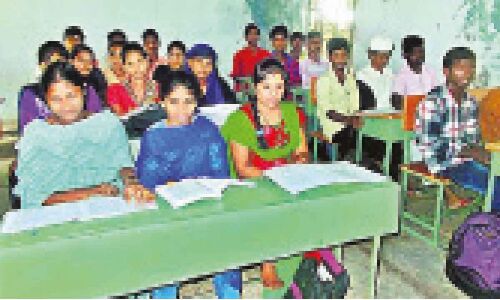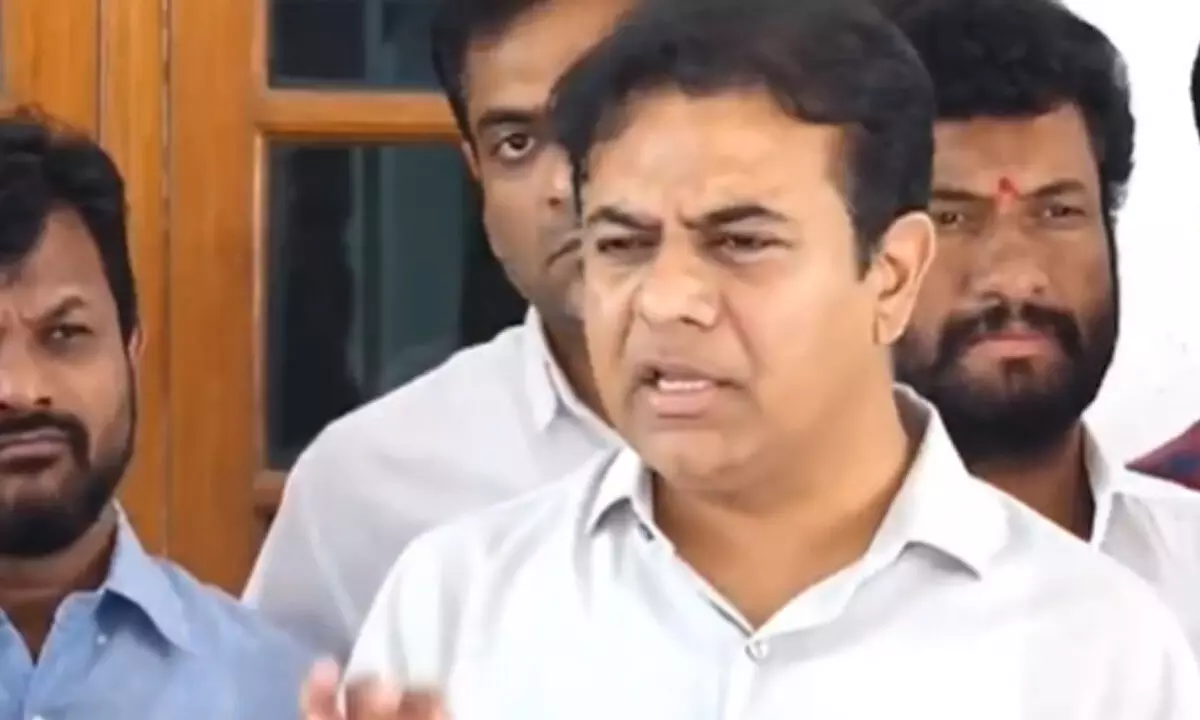Almost one and a half months have passed since junior colleges reopened in Telangana, but textbooks are still unavailable in most government-run institutions. This is a major concern for teachers and parents as it affects students’ academics. Junior college lecturers have asked students to borrow books from previous batches because there is a dire scarcity of textbooks. About 45 lakh books are needed for the nine lakh students registered under the Telangana State Board of Intermediate Education.
Both Telugu and English medium textbooks have not yet been distributed. Only 70 percent of English textbooks have been transported to the District Education Officers (DEOs), but no college has received textbooks. Some private colleges also need English textbooks. Surprisingly, textbooks are not available in the market either. However, all government schools have received textbooks this year, unlike previous years when they faced many problems.
Government colleges usually receive free books shortly before the academic year begins, but this year they have not been supplied yet. A lecturer from a government junior college in Kukatpally stated that they were informed in June that they would receive all textbooks on time except for English textbooks. The content of English textbooks for first-year Inter students has been changed, which will take more time. Other books have also not been received.
Dr. P Madhusudhan Reddy, president of the Telangana Government Junior Lecturers’ Association, explained that the printing of textbooks usually starts in May, but this year it was delayed due to the increased cost of white paper. Printing only began in the last week of June. Logistics is a major problem as the Education department is supposed to supply books directly to colleges. So far, only a few district headquarters have received textbooks, and even then, it has been partial. The DEOs have received the books, but they are unable to transport them to the colleges due to a fund crunch. This lack of textbooks is affecting students’ ability to follow lessons.
There is no clarity from the Telugu Akademi, despite multiple representations to the TSBIE. If books are not received by the first week of August, lectures will not be able to complete the portion due to the lack of books. The book printing crisis began last year when the department’s initial tenders for paper supply found no bidders. The cost of paper increased during the delays, and the new bidder took a long time to supply. This year, the high cost of paper is also causing procurement and production problems.














